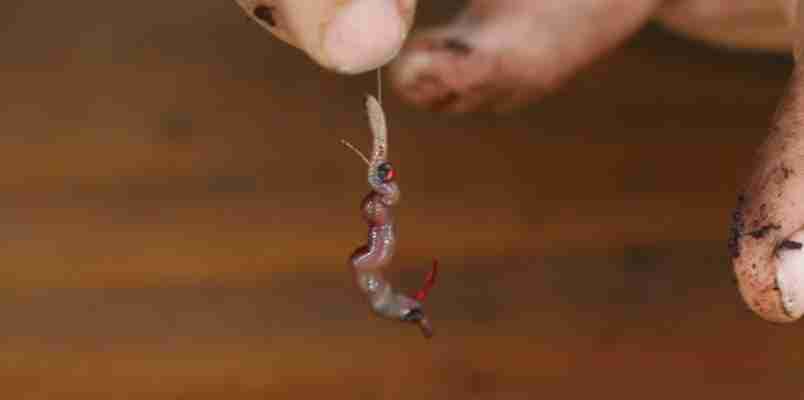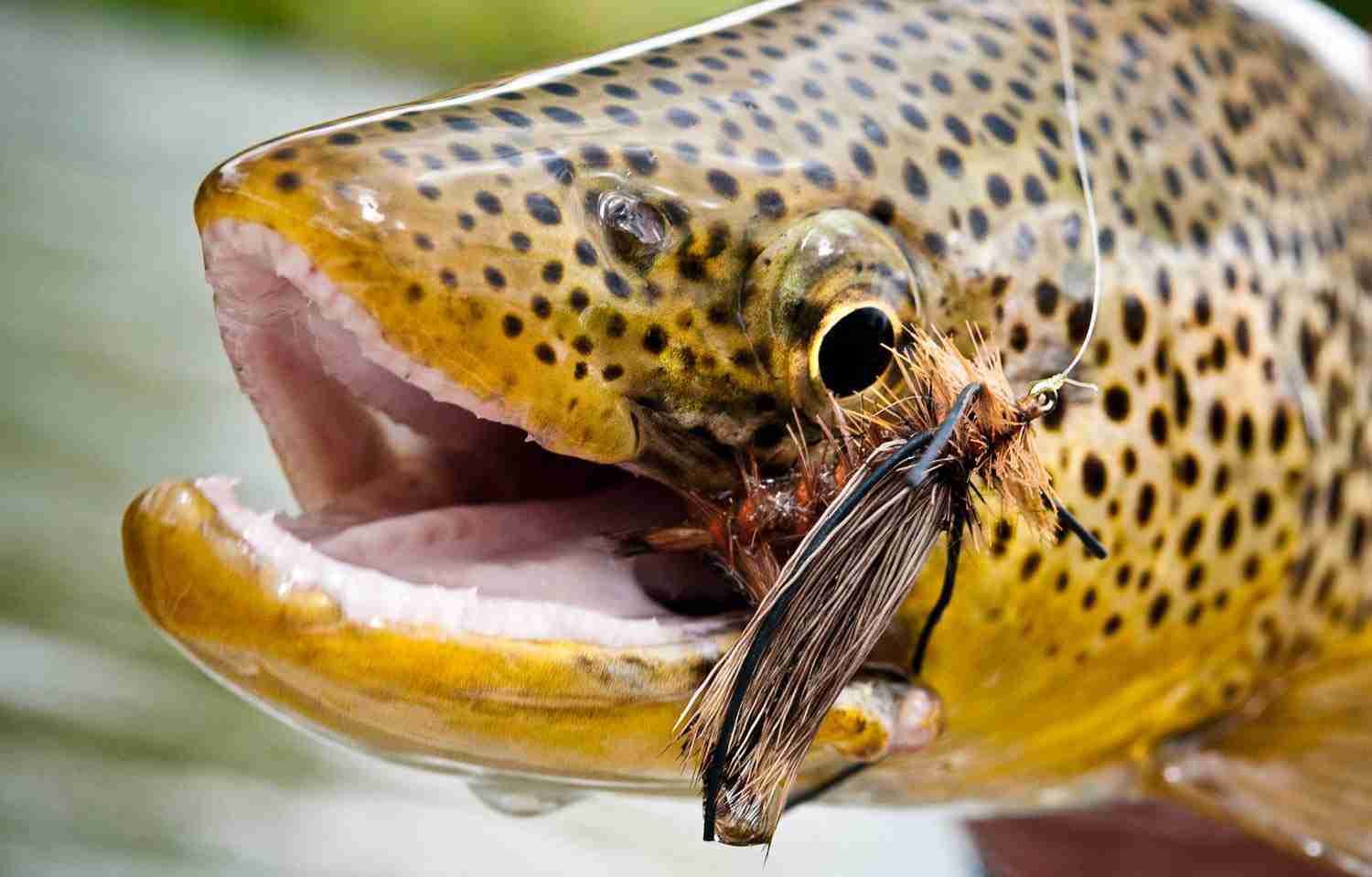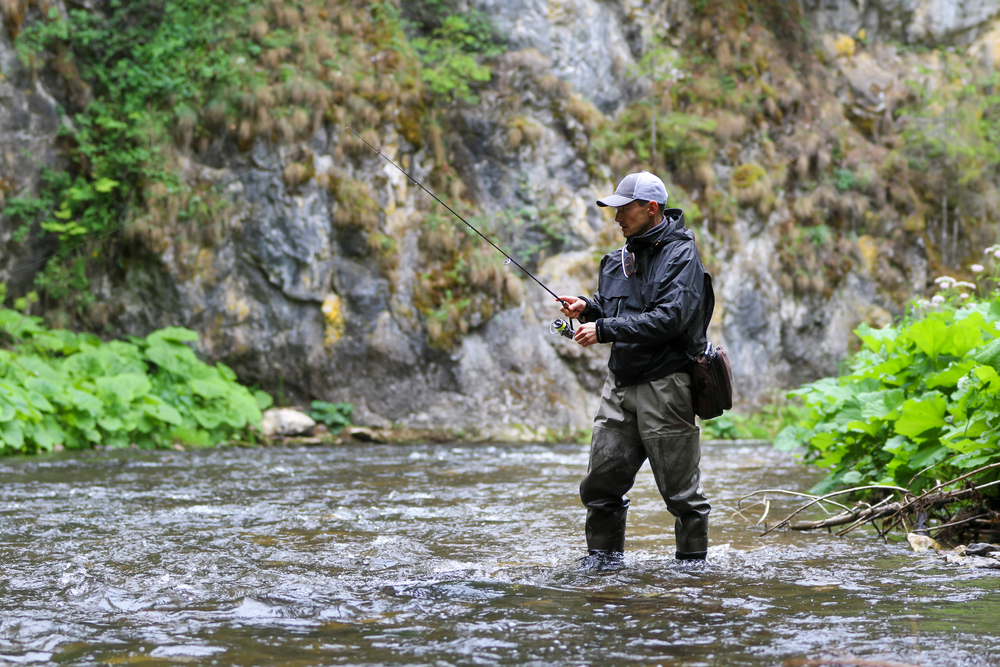
Fishing After Rain: AFFECTS

4 min read
Do fish bite more eagerly when the rain comes pouring down? Many anglers have fond memories of successful fishing trips on rainy days, but what’s the science behind it?
In this article, we’ll explore the effects of rain on fishing and how you can capitalize on these conditions to increase your chances of success.
The Upside of Rain for Anglers
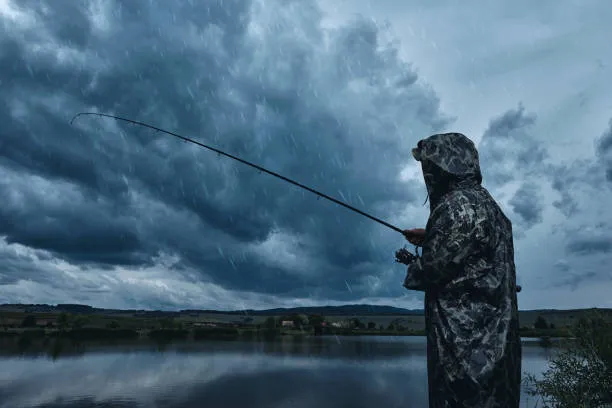
Oxygenation and Coloring of Water
Rain can have several beneficial effects on fishing conditions. One of the most significant is the oxygenation of water. As raindrops hit the surface, they introduce oxygen into the water, which can invigorate fish and make them more active.
The rain can also cause the water to become murkier, providing cover for fish and making them feel more secure.
Flushing Food into the Water
Another positive aspect of rain is that it can flush insects and other food sources into the water. This influx of food can trigger feeding frenzies among fish, making them more likely to bite.
Increased Activity of Predators and Prey Fish
The combination of increased oxygen levels, murkier water, and an abundance of food can lead to increased activity among both predators and prey fish. This heightened activity can result in more fish biting and a more successful fishing trip.
Adjusting to the Rain
While rain can have some positive effects on fishing, it’s essential to consider the time it takes for fish to adjust to the changing conditions. During a rain shower, fish activity is generally lower, as they may be initially startled by the sudden change in their environment.
Fishing right after a rainfall can be more productive, as fish have had time to acclimate to the new conditions and are more likely to be actively feeding.
Rainfall’s Influence on Fish Behavior
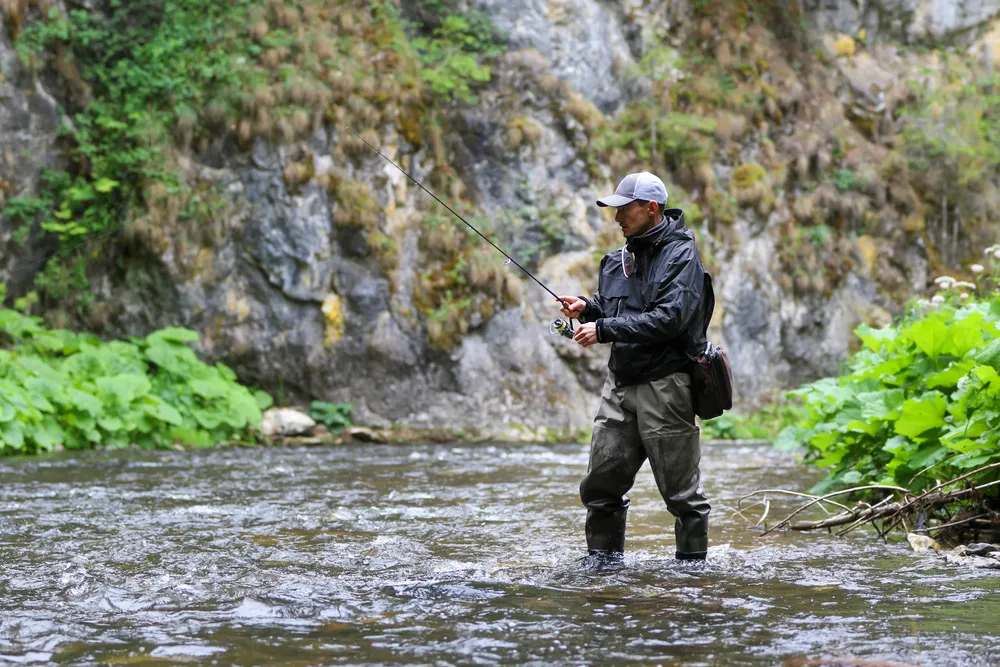
Factors Affected by Rain in Aquatic Environments
Rain can impact various factors in aquatic environments, which in turn can influence fish behavior. Some of these factors include changes in salinity (in the sea), turbidity (cloudiness of the water), dissolved oxygen levels, and temperature. Additionally, increased water velocities due to rain can create mechanical challenges for fish as they navigate their surroundings.
Fish Feeding Behavior Reversal During Rain
During rain events, fish may become relatively inactive and bite less. However, light drizzles may have the opposite effect, improving fish activity and feeding. The key is to observe the fish’s behavior and adjust your fishing strategy accordingly.
Fishing Before, During, and After Rain
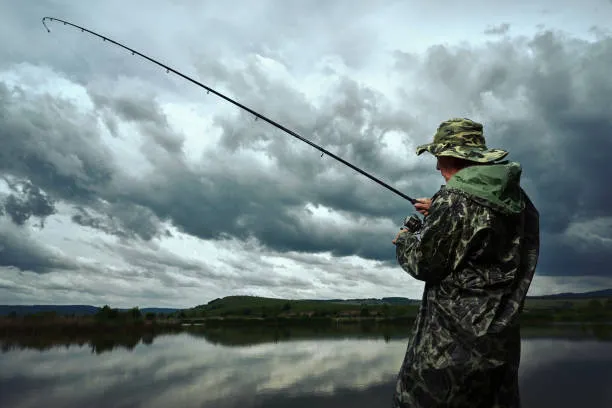
Fishing Before Rain
As weather conditions change and rain approaches, fishing conditions may worsen. Fish can sense the changing atmospheric pressure and may become less active and seek shelter in anticipation of the impending storm.
Fishing During Rain
There are several reasons you might want to quit fishing during heavy rainfall, such as personal safety and reduced visibility. However, if the weather front is passing or approaching slowly, you may choose to continue fishing, as fish may still be active and feeding during light rain.
Fishing After Rain
Once the rain has stopped, fantastic fishing opportunities may arise. The favorable conditions created by the rain, such as increased oxygen levels and food availability, can lead to increased fish feeding and biting.
Post-Rain Fishing Techniques and Tips
Fishing Strategies After Rain
After a rain event, fish are generally more active and less picky about what they eat. The murkier water allows bigger fish to move more freely, and the increased oxygen levels make them hungrier. Capitalize on these conditions by using a variety of bait and lures to increase your chances of success.
Surface Fishing in Lakes During Summer
In the summer months, predators like bass, pike, and walleye may be found near the surface of lakes, preying on smaller fish and insects. Using surface lures during this time can be an effective strategy for catching these predators, especially after rain events that have driven prey closer to the surface.
Feeding Frenzies After Rain
As mentioned earlier, rain can trigger feeding frenzies among fish due to the influx of food and favorable conditions. If you notice increased fish activity and bites, continue fishing during these feeding frenzies to maximize your chances of success.
Making the Most of Rainy Fishing Opportunities
Optimizing your fishing time based on weather conditions can significantly improve your chances of success. While fishing during heavy rain might not be the most enjoyable experience, waiting for the rain to subside can lead to fantastic opportunities.
If you enjoyed this article and want to learn more about fishing techniques and strategies, check out these related blog posts:
